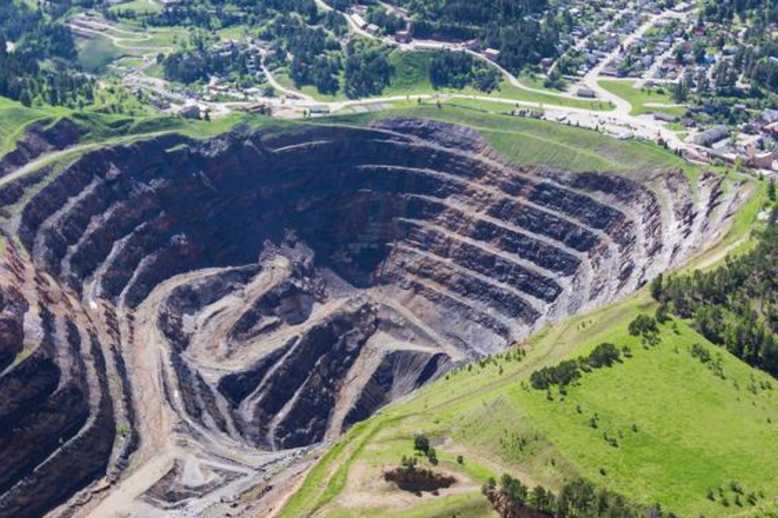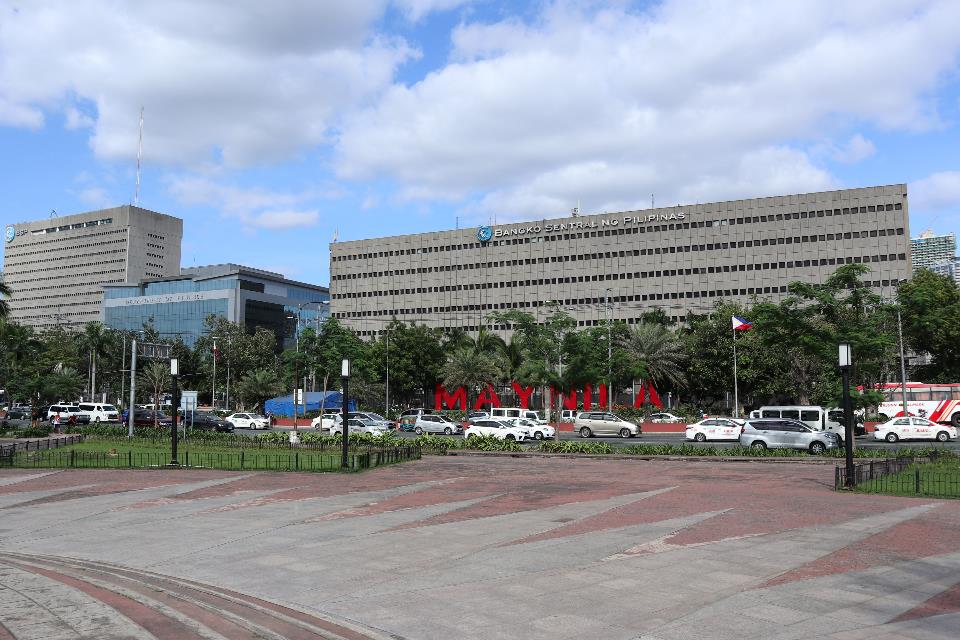The Mines and Geosciences Bureau (MGB) is looking at establishing more Minahang Bayan under the Duterte administration to better regulate small-scale mining and increase government revenue from the extraction of mineral resources.
“Personally—and we in the MGB— support the legalization of illegal small-scale mining,” Director Wilfredo G. Moncano said in a recent interview on the sidelines of the 64th Annual National Mine Safety and Environment Conference (ANMSEC) held in Baguio City from November 23 to 25.
According to Moncano, less than 20 percent of small-scale mining cooperatives are operating legally, with less than 20 Minahang Bayan approved for operation in
the Philippines.
The MGB, an attached agency of the Department of Environment and Natural Resources (DENR), is now reviewing 115 applications for Minahang Bayan. Only less than 20 percent of them have been approved or considered legal so far.
In the Philippines small-scale mining operates under two laws, Republic Act (RA) 7076, or the People’s Small-Scale Mining Act of 1991, and the Environmental Impact Statement System requirements under Presidential Decree (PD) 1586.
With the signing of Executive Order (EO) 79 by former President Benigno S. Aquino III on July 6, 2012, the government moved to improve regulation of small-scale mining activities.
Section 11 of EO 79 mandates that small-scale mining activities or operations shall be undertaken only with the declared People’s Small-Scale Mining Areas, or Minahang Bayan.
This makes the operation of small-scale mining outside a declared Minahang Bayan illegal.
Since the signing of EO 79, the DENR-MGB has approved five Minahang Bayan applications.
Moncano, however, said that before the issuance of the EO, there were already existing Minahang Bayan in various parts of the country.
In Compostela Valley alone, he said, there are around 10 Minahang Bayan.
“There are five in the record, but there are existing small-scale mining prior to EO 79,” he said. “Under the principle of presumption of regularity, we presume that the governor undertook the process, that’s why their Minahang Bayan is legal.”
Nevertheless, he said the MGB is stepping up processes to approve more Minahang Bayan applications to regulate small-scale mining and generate more revenues for the government.
Small-scale mining, which is done in makeshift gold-processing facilities or backyard gold-processing operations, is being blamed for environmental pollution with the unchecked disposal of harmful chemicals like cyanide and mercury.
These toxic heavy metals are often disposed of in makeshift tailings. During heavy rains, these tailings overflow and the tailings end up in nearby rivers or lakes, contaminating surface water.
Pursuant to RA 7076, Minahang Bayan in provinces and cities where they have not been constituted shall be operationalized within three months from the effectivity of the mining policy.
Small-scale mining shall not be applicable for metallic minerals except gold, silver and chromite, as provided for in RA 7076, while the use of mercury in small-scale mining shall be strictly prohibited.
EO 79 also mandates the conduct of training and capacity building measures in the form of technical assistance for small-scale mining cooperatives and associations shall be conducted by the concerned government agencies.
“As I can recall, there are 115 [Minahang Bayan application], less than 20 were declared Minahang Bayan. These 20 are operational. Others are still in the process of seeking permits, including ECC [environmental compliance certificate],” he said.
Some Minahang Bayan applications, he added, lack requirements for the
ssuance of ECC.
Meanwhile, Moncano nixed the call to scrap the Philippine Mining Act of 1995, the law that covers large-scale mining activities.
“We believe that the Mining Act is one of the better laws. We have one of the better laws in the world. My view, the Mining Act respected the other law on small-scale mining.
As far as large-scale mining, we have one of the better laws in the world,”
he said.
































